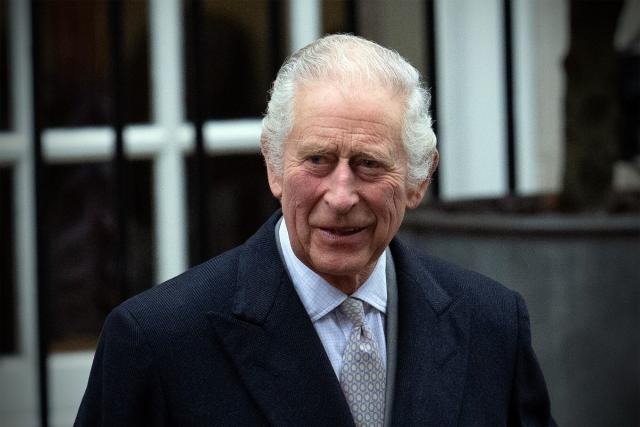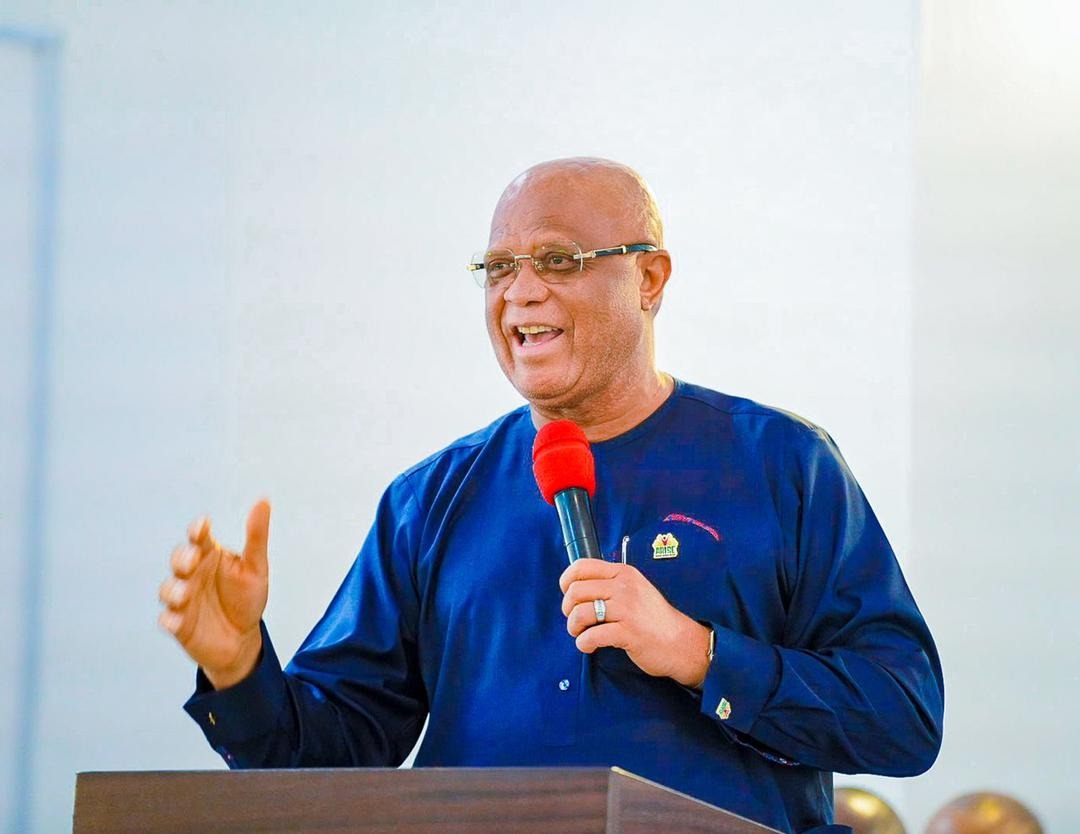Kaduna – To effectively combat terrorism in Nigeria, participants at an annual summit involving retired military generals and legal experts have called on the government to target the financiers of insecurity in the country.
They also emphasized the need to protect civilian informants assisting security agencies, to completely dismantle terrorist activities in Nigeria.
Prominent attendees at the summit included General Martin Luther Agwai (Rtd), Professor Chidi Anselm Odinkalu, Professor Chris Kwaja, Honorable Sarah Reng Ochekpe, Group Captain Sadeeq Garba Shehu (Rtd), Dr. Mike Omeri, Mr. Chima Christian, Barrister Audu Adamu Maikori, Barrister Jibrin Samuel Okutepa (SAN), and Commissioner of Police, Kaduna State, Muhammad Rabiu, represented by ACP Badamasi Musa.
This call was part of a communiqué issued after the recently concluded House of Justice Annual Summit and Golden Ball Banquet, themed “Security, Justice, and National Orientation,” held in Kaduna.
The communiqué stated that intelligence reports have identified some individuals sponsoring terrorism, yet there has been insufficient effort to cut off the financial lifelines fueling insecurity.
Signed by Barrister Gloria Ballason, Chief Executive Officer of the House of Justice, and Luka Ashafa Odita, a criminology and security studies lecturer at Kaduna State University, the communiqué highlighted the importance of collaboration between Nigeria and neighboring countries to address insecurity strategically.
It also stressed the need for transparency and merit in the recruitment of security personnel, asserting that the absence of justice for victims has pushed some to become combatants. Additionally, it criticized the government’s rehabilitation, recovery, and reintegration programs for offenders, pointing out that victims in
internally displaced persons (IDP) camps are often neglected and left vulnerable to reattacks by terrorists.
On electoral matters, the communiqué lamented Nigeria’s repeated failure to hold electoral offenders accountable. It noted that electoral crimes are rarely punished, leading to unresolved disputes and portraying Nigeria’s electoral system as a failing model for other African nations.
The communiqué further addressed issues within the judiciary, calling for justice delivery reforms, improved accountability, and court efficiency. It criticized the perception that justice in Nigeria, particularly during elections, is transactional, citing instances where this perception has been validated by users of electoral courts.
It raised concerns about the diminishing authority of the judiciary due to the influence of family dynasties, the politicization of judicial appointments, and corruption allegations. It called for the National Judicial Council and Nigerian citizens to hold the judiciary accountable and ensure that judicial appointments are apolitical and based on merit, free from family or filial ties.
Lastly, the communiqué tasked the National Orientation Agency and the Ministry of Information with promoting a positive national outlook. It urged these agencies to ensure children are not exposed to negative narratives, shaping a more constructive perspective of the country’s future.



